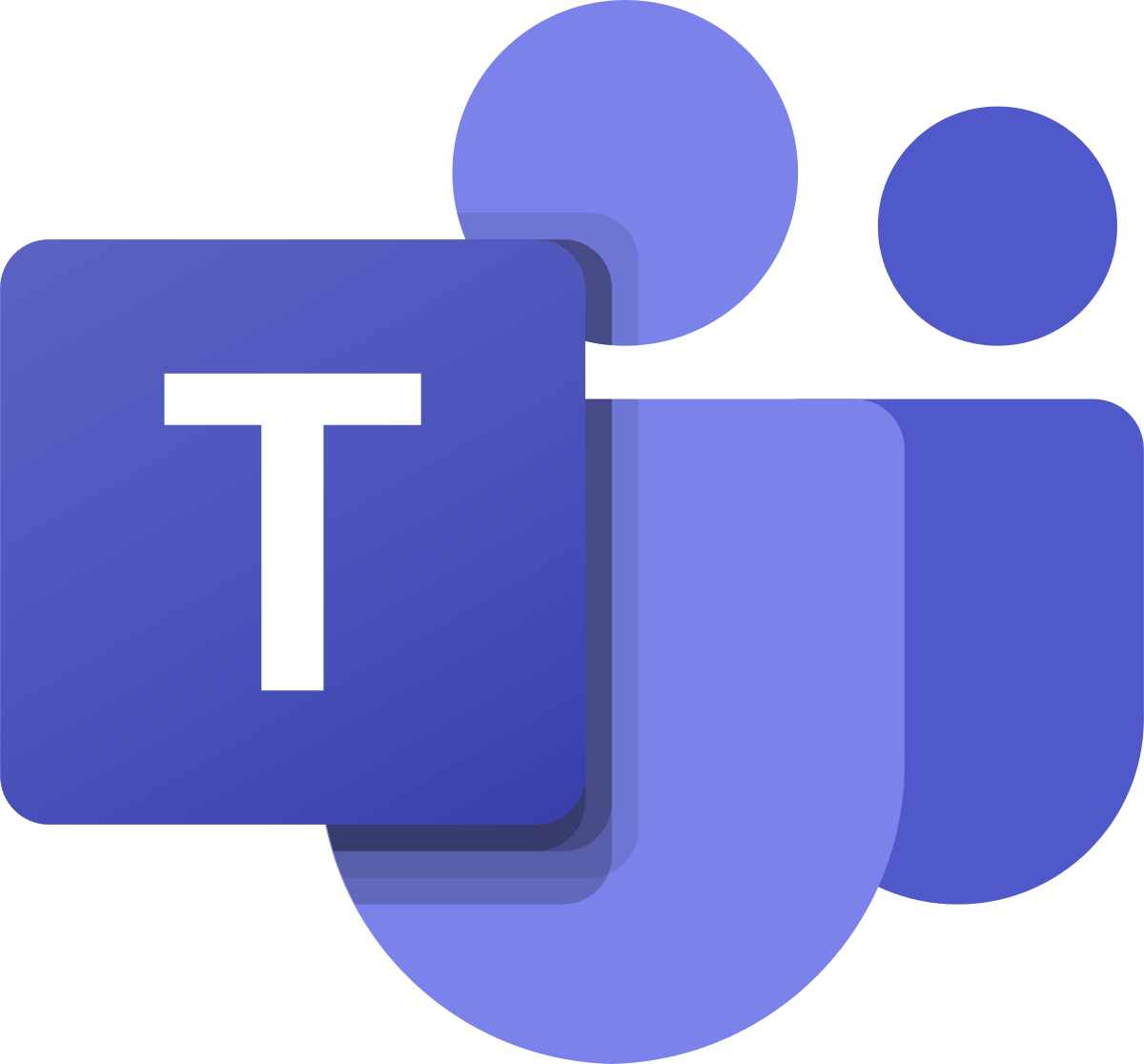Find tools to support students when working in groups online, synchronously or asynchronously. All tools recommended by the LT Hub have passed a UBCPrivacy Impact Assessmentand receive central technical and pedagogical support.
Synchronous Collaboration
Synchronous online interactions allow students to develop work and ideas together in real time. This approach may pose barriers if students are in different time zones or have difficulty joining, but it can also be more engaging for students, with immediate feedback provided from peers.
General Tips
- Provide synchronous group activity instructions in a common place like a Canvas module, and have students open the instructions in a separate tab for reference before joining the group activity.
- When using breakout groups or rooms, plan additional time (e.g., a minute or two) for students to join and leave these spaces. You can also ask a teaching assistant to set up the breakouts, so you can focus on teaching.
- Direct students to synchronous online spaces that they can use on their own (e.g., Canvas groups, Microsoft Teams) to meet or collaborate together outside of class.
乐动体育app
Cost for use:
None
带宽需求:
High(a slow Internet connection may impact access)
Requirements for FIPPA compliant use:
None
Collaborate Ultra Breakout Groups
Create breakout groups during a Collaborate Ultra session to split a class (under 250) into up to 20 smaller groups.
What are the benefits?
- In breakout groups, students can interact with a smaller group of classmates using video, audio, text chatting, and screen-sharing as part of their discussion.
- You can upload and share different files with each breakout group to assign separate questions or instructions for collaboration.
Cost for use:
Departments must provide funding per teaching team member
带宽需求:
Low(a slow Internet connection should not impact basic access)
Requirements for FIPPA compliant use:
None
Mattermost Private Channels
Use private channels (i.e., spaces for conversation) for smaller groups to interact via real-time chatting.
What are the benefits?
- Students can communicate quickly with each other using the real-time chat (similar to Slack), which can help quieter students who may not engage verbally participate more in groups.
- Mattermost also allows you and your students to exchange files and direct messages.
Cost for use:
None
带宽需求:
Low(a slow Internet connection should not impact basic access)
Requirements for FIPPA compliant use:
None
Microsoft Teams
Set up and/or encourage students to use features in Teams like chat and document collaboration.
What are the benefits?
- Students can communicate quickly with each other using the real-time chat (similar to Slack), which can help quieter students who may not engage verbally participate more in groups.
- 团队还支持文档协作,files can be edited by multiple people at once, and each person can view the edits as they are being made.
Cost for use:
None
带宽需求:
High(a slow Internet connection may impact access)
Requirements for FIPPA compliant use:
None
Zoom Breakout Rooms
Create breakout rooms during a Zoom session to split a class into up to 50 smaller groups.
What are the benefits?
- In breakout rooms, students can interact with a smaller group of classmates using video, audio, text chatting, and screen-sharing as part of their discussion.
- Students can allow others in the breakout room to control a presentation when screen-sharing. This feature can be useful if another group member wants to temporarily demonstrate or add something.
Asynchronous Interaction
While asynchronous group work does not happen with the immediacy of real time, these interactions can let students pause more to reflect and allow for easier participation across different time zones.
General Tips
- Encourage groups to set clear guidelines with each other at the outset, so everyone knows how and when participation is expected.
- You can direct students to otherrules for being a respectful online presenceon the Keep Learning site.
Cost for use:
None
带宽需求:
Low(a slow Internet connection should not impact basic access)
Requirements for FIPPA compliant use:
None
Canvas Student Groups
Create and/or enable students to create groups in Canvas, each of which receive a private space for peer interaction.
What are the benefits?
- Group spaces provide tools for collaborating (announcements, pages, file sharing), discussing topics, and scheduling meetings in Canvas.
- Student groups you create (called group sets) in Canvas can also be used for collecting grades on group assignments.
 Microsoft OneDrive
Microsoft OneDrive
Cost for use:
None
带宽需求:
Low(a slow Internet connection should not impact basic access)
Requirements for FIPPA compliant use:
None
Microsoft OneDrive
Encourage students to use the real-time document collaboration available in this online storage service.
What are the benefits?
- Files on OneDrive can be shared with others at UBC for online and offline viewing and editing.
- Multiple people can edit a document at the same time, and everyone can see what others are working on in the document.
- Every file has a detailed version history that tracks changes made and saves different versions over time.
 UBC Blogs
UBC Blogs
Cost for use:
None
带宽需求:
Low(a slow Internet connection should not impact basic access)
Requirements for FIPPA compliant use:
None
UBC Blogs
学生年代et up their own websites, where they can create, share, and invite comments on their content.
What are the benefits?
- Students can maintain their own blogs as portfolios where they publish, share, and ask for reviews of their work from group members.
- In addition to posting text, students can upload or embed a variety of multimedia.
- Students can add other students as editors to a blog for collaborative writing and website development.
 哥伦比亚大学维基百科
哥伦比亚大学维基百科
Cost for use:
None
带宽需求:
Low(a slow Internet connection should not impact basic access)
Requirements for FIPPA compliant use:
None
哥伦比亚大学维基百科
Invite collaboration on written content in a Wikipedia-style space that is editable by anyone with a UBC Campus-Wide Login (CWL).
What are the benefits?
- Enable collaboration on written work for your students with tracked revisions, without having to do much setup yourself (like creating a UBC Blog or Canvas groups).
- The content generated in UBC Wiki is embeddable in multiple platforms, such as UBC Blogs, so you or your students can feature and share the group work elsewhere.
Student Peer Assessment
Student peer assessment tools for group work allow students to evaluate each other’s group contributions and teamwork.
General Tips
- Using student peer assessment formatively can help students understand how their contributions are perceived early on and make changes, if needed, before a final summative assessment.
- The student reviews can guide you in assigning fairer individual grades for group projects or other collaborations, as well as promote accountability for the students while working in their groups.
 iPeer
iPeer
Cost for use:
None
带宽需求:
Low(a slow Internet connection should not impact basic access)
Requirements for FIPPA compliant use:
None
iPeer
Create custom rubrics that students use to anonymously review their group members.
What are the benefits?
- Ask students to honestly tell you how much they felt each group member contributed using quantitative (e.g., a point distribution) and/or qualitative (e.g., comments on contributions) feedback.
- Promote self-reflection by also having students assess their own contributions and/or releasing the anonymous feedback, so students learn how peers perceived their contributions.




 Microsoft OneDrive
Microsoft OneDrive UBC Blogs
UBC Blogs 哥伦比亚大学维基百科
哥伦比亚大学维基百科 iPeer
iPeer